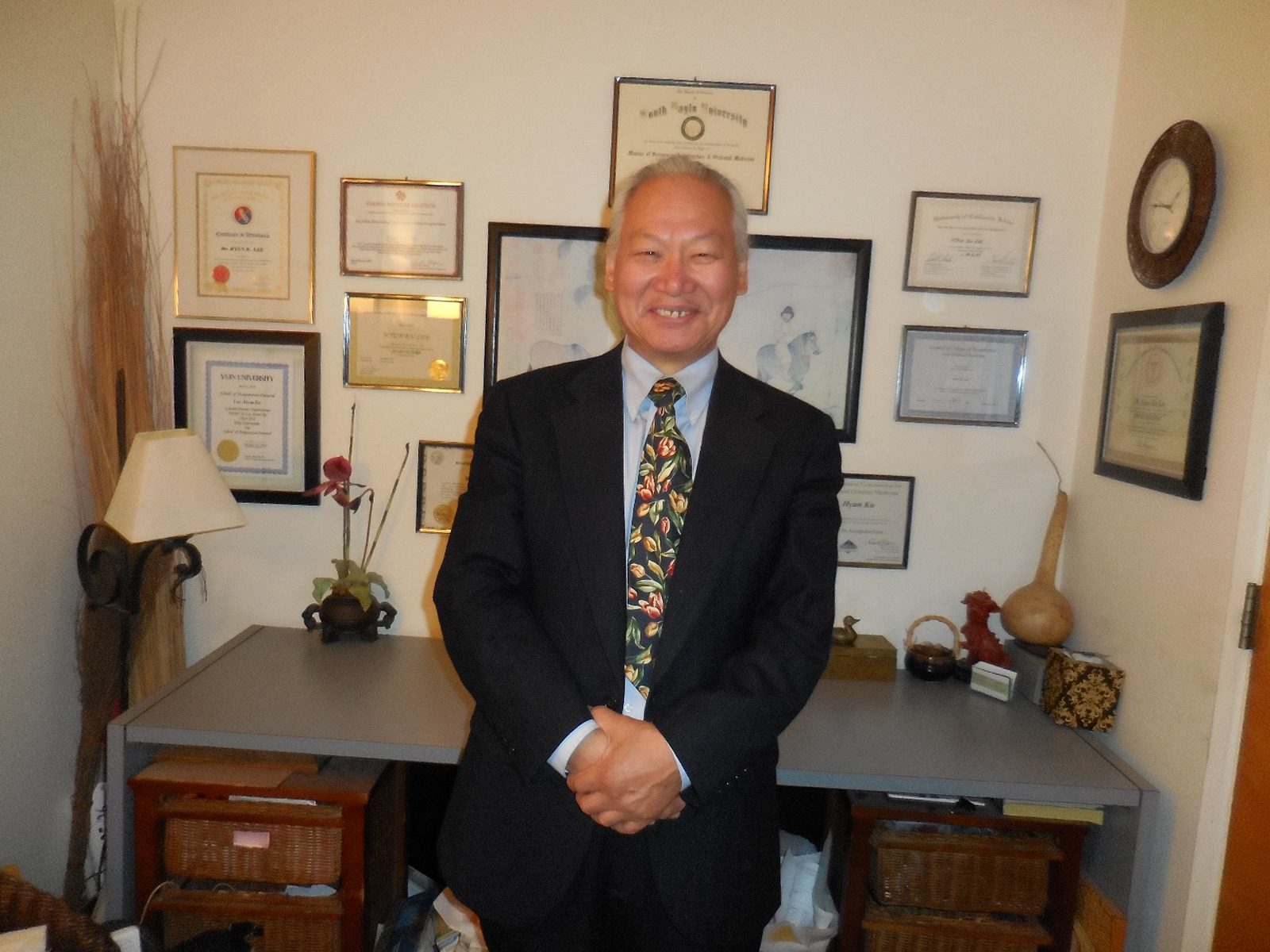By Dr. Hyun K. Lee
Contributing Writer
Now that we are in the month of March we have seen winter come to a close and a gorgeous spring begin. The wildflowers are in bloom, temperatures are warming up, and allergens are in the air.
Spring, though a beautiful time, is primarily the season most people suffer from allergies. Most allergies come from pollen, weather changes, chemicals, food, dust, or pet dander. Regardless of if your allergies are seasonal or not, they can be cured with acupuncture and herbs.
When allergies hit, the average person will likely reach for their allergy medication, antihistamine or cough syrup. While this method relieves your allergies for as long as the pill is active in your system, this does nothing to cure the root of the problem. In fact, it only worsens your long-term health. Avoiding your known allergens is effective as well, but still does not treat the cause.
Allergies are caused by weakened organs and poor immune system memory. The root of allergies is not simply in the pollen or dander, but it is how your immune system has been, in effect, defaulted to react to these types of substances. Either by heredity or at some point in your life while your body was in a weakened state, your immune system decided to view the problematic substance as “bad”. Whenever that substance comes across your nose, your defenses go into action, and your allergies are in full swing. The trick to getting rid of your allergies is to reprogram your immune system.
Your immune system is like your body’s military system. It fights and kills off invaders who try to break through their borders. It also serves as your body’s alarm system, much like a simple car alarm. When something goes wrong in your body, it sets off an “alarm” and lets you know that something is trying to break in. Your body’s reaction to most allergies is like those occasions when you simply walk by a car, and its alarm sounds; it’s an overactive, overly sensitive alarm that needs to be fixed — not turned off.
The problem with long-term allergy medication use, is that it disconnects your body’s “alarm” and interrupts your ability to determine if you have a deeper problem. If someone is breaking into your car and no alarm sounds, how do you know there’s a problem? By the time you realize, it might be too late.
Let’s take a look at what is really happening in those moments when you reach for a tissue. The symptoms of allergies, like sneezing, a runny nose, watery or itchy eyes, for example, are not just instantly created in the moment you’re bothered by them. These fluids are actually the “essence” of your lung function. They serve the areas of your body, like the skin, which require this moisture. When your lung function is not working properly, this essence gets stored, and instead of going to where it is needed, it becomes stagnant. As we all know, stagnant fluids turn bad. In an effort to stop this, your body expels them through coughing, sneezing, congestion, running nose and watery, itchy eyes.
During this time, you are more likely than not receiving ample oxygen. Limited oxygen intake immediately effects brain performance. In children, you see its effects with an inability to concentrate, diminished grades, and throat infection (from mouth-breathing). In adults, it is often brushed off as mental aging or general fatigue. Most allergy medications just exacerbate these problems.
Treatment for allergies through Oriental medicine has been proven to be very successful. In as little as five consecutive treatments, your upper respiratory allergies can be cured for a year. With herbs and regular visits, allergies can be put off indefinitely, or cured altogether. These treatments are completely natural and have no side effects. They help balance the organs to keep your body free from disease, and help you maintain optimum health.
Allergies really are nothing to be sneezed at. In fact, they can be something quite serious. Lasting allergies and frequent medication intake cause a domino effect to the organs, weakening them as the years roll by so that disease can take hold. Catching allergies at the onset of the problem is best, but if you can’t catch them at the beginning, it’s best to get off the medications and treat the root of the problem. As they say, better late than never.
Dr. Lee’s office is located in the Viborg Medical Center, 2030 Viborg Road, Solvang. The clinic is held every Wednesday only. Dr. Lee also has offices in Los Angeles, and Atascadero. To make an appointment in the Solvang office, call 805-693-5162.






